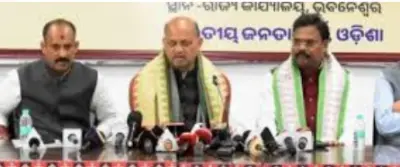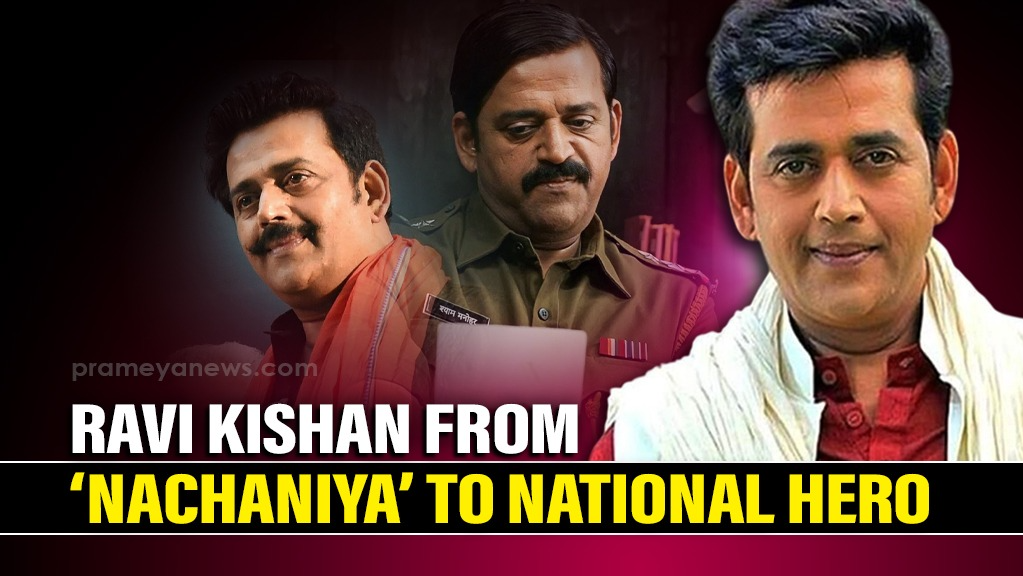

Actor and politician Ravi Kishan, currently celebrated for his roles in critically acclaimed projects like Laapataa Ladies and Maamla Legal Hai, has revealed the profound trauma and abuse that marked his childhood. In a recent interview, he shared the painful story of his relationship with his father, a man whose approval he desperately sought but whose violence nearly broke him, culminating in a startling admission: he did not cry when his father died.
Kishan described a childhood where his passion for acting was met with brutal opposition from his father, Shyam Narayan Shukla, a priest. His father viewed acting as a lowly profession, derisively calling his son a "nachaniya" (a derogatory term for a performer) for participating in local plays. The disapproval often turned violent. "He would beat me up every day," Kishan recalled, explaining that the physical abuse was so severe that his mother once gave him ₹500 and urged him to flee, fearing for his life.
This constant abuse stemmed from his father's deep-seated fear that his son would bring shame upon the family. Kishan recounted how his father would beat him "in advance," punishing him for potential misdeeds he had not even committed. For a young Ravi Kishan, the violence became a twisted form of communication. "I would feel him hitting me is the closest to loving me," he shared, highlighting the deep psychological impact of the abuse.
After escaping his village, Kishan spent a decade struggling in the Hindi film industry, often taking small roles without pay just to get screen time. His career took a significant turn when he entered the Bhojpuri film industry, where he became a regional superstar. It was only then, with financial success, that he began to earn his father's respect. "My dad started to respect me after I started to earn a lot of money," he said.
This shift eventually led to a form of reconciliation. Kishan recalled his father breaking down in tears and asking for forgiveness, a moment that brought the actor to his feet in a display of reverence. As his father grew older and weaker, the power dynamic shifted, and Kishan felt he could finally be close to him, albeit in a reversed role where he became the caregiver.
Despite making peace with his father, the trauma left an indelible mark. Kishan’s experience has profoundly shaped his own approach to parenting. "One should never hit their children. One must talk," he asserted, committing to breaking the cycle of violence.
His inability to cry at his father's passing speaks volumes about the complex and unresolved nature of their relationship. While he misses him, the emotional scars run deep. In the end, Ravi Kishan's story is not just one of professional success against the odds. It is a powerful and poignant testimony to surviving profound childhood trauma and the lifelong journey of grappling with its emotional aftermath.